Sessue Hayakawa
Sessue Hayakawa portrayed Col. Saito, a Japanese imperial army officer whose duty was to build a bridge over the River Kwai in Thailand with Allied prisoners of war during World War II. He received an Oscar nomination for his as role the camp commander in "The Bridge on the River Kwai" (1957) — a role he believed was his greatest.
Hayakawa graduated from the University of Chicago, where he majored in political economy, in 1912.
He entered motion pictures in 1913. The following year Thomas Ince wrote and produced "The Wrath of the Gods," which starred Hayakawa and his wife, Tsuru Aoki.
In 1915 Hayakawa costarred with Fannie Ward in Cecil B. DeMille's "The Cheat." The movie was a box office success and elevated Hayakawa to stardom.
He was one of the great film idols of those early motion picture days. He was the highest-priced actor in films for a while. His salary rose astronomically — from $150 a week to $1,000 a week to $7,500 a week — in those taxless wonder days. The public flocked to his pictures, "The Cheat," "The Tong Man," "An Arabian Knight."
Usually, he was the menace, but he played many a hero role opposite such early-day stars as Bessie Love, Blanche Sweet, Zasu Pitts and Florence Vidor.
He bought the old wooden lot at the corner of Sunset and Hollywood boulevards and began making his own pictures — eight a year, writing, directing, editing and starring in them. And then suddenly, in 1923, he quit Hollywood.
He left Hollywood first for London and then Japan. He came back once to make a talking picture costarring Anna May Wong. He then discovered France.
Hayakawa starred in Paris on the stage and made 17 French movies. He remained in France until the end of World War II.
Hayakawa returned to the United States in 1949. He made "Tokyo Joe," with Humphrey Bogart.
After "Tokyo Joe," Hayakawa continued making movies in Japan and doing an occasional American picture — "Three Came Home," House of Bamboo," and "Bridge on the River Kwai."
Hayakawa's final movie was "The Big Wave" in 1961.
Related stars
|
|
Points of interest
Academy Awards
| Year | Category | Work | |
|---|---|---|---|
| 1957 | Best Supporting Actor | The Bridge on the River Kwai | Nomination |
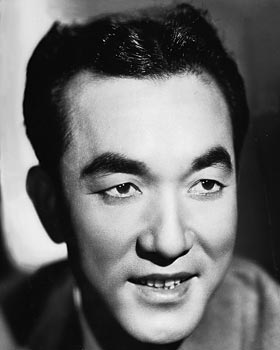
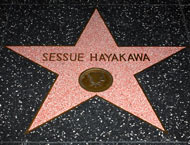
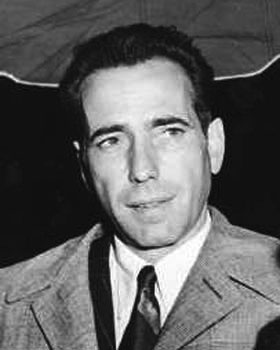
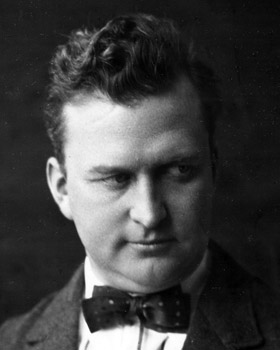
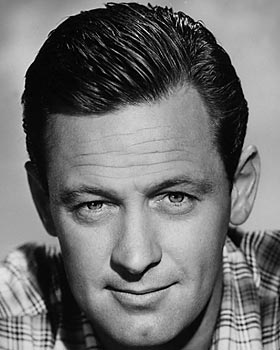
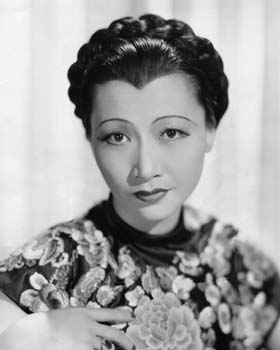
One thought about Sessue Hayakawa
Share a thought about Sessue Hayakawa